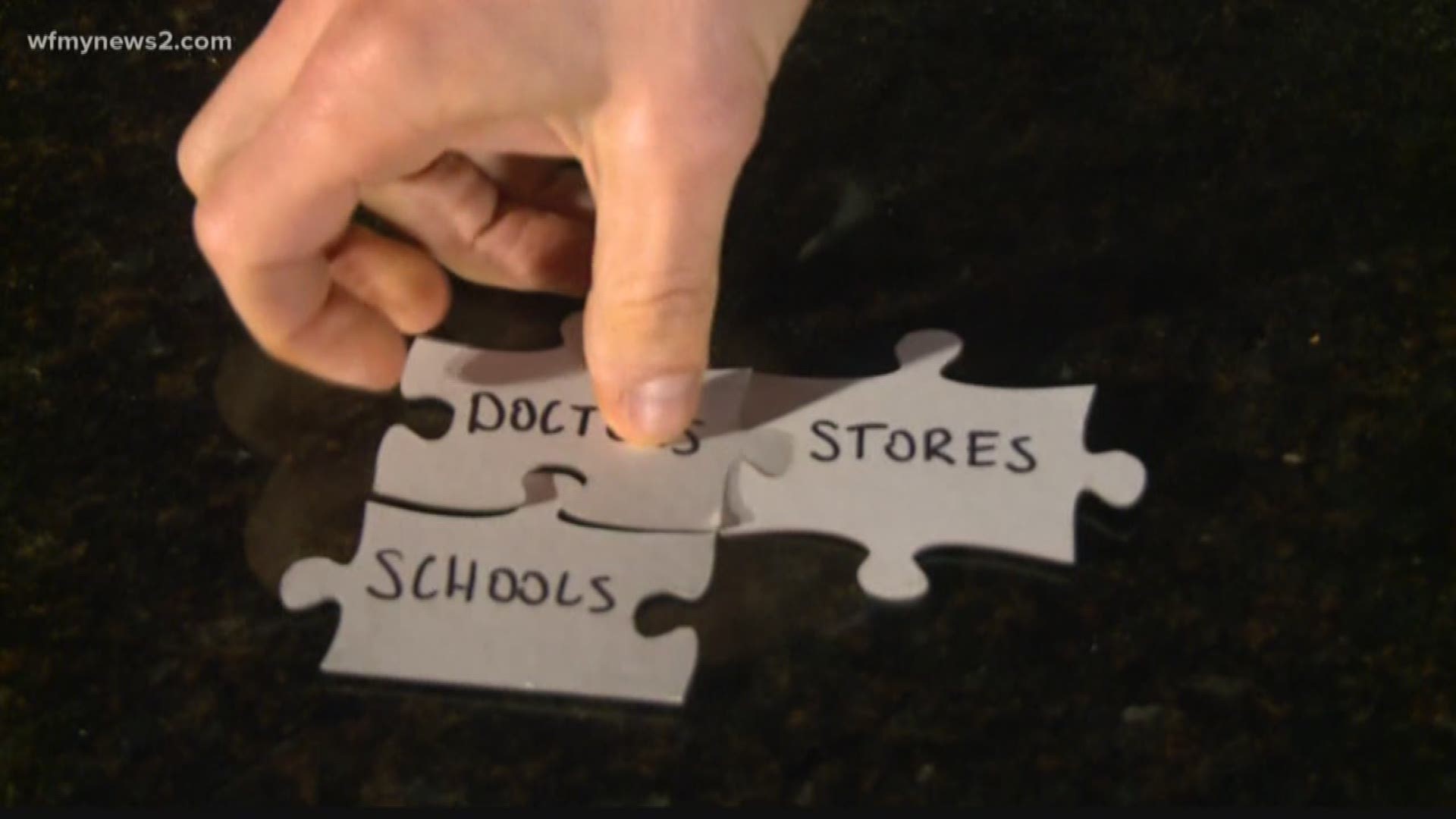Facebook’s willingness to share your private messages had users up in arms last week. But most Americans have no idea how much of their personal information they’re readily turning over simply by accessing the “free” internet from their smartphone.
The increase in data sharing, along with the increased speed of data analysis, now allows companies to essentially track your every move, from your home to your doctor’s office to your place of worship, even if you don’t open any social media apps. That’s because your phone provides a snapshot to potential ad-buyers of where you are and what you are doing, every time you open any webpage or app with an ad on it.
Companies are now aggregating that data, sharing it with other companies, and matching it to phone IDs to provide you with more relevant ads, hyper-targeted to your consumer history – and incredibly accurate predictions of your future behavior too.
That’s got watchdogs sounding alarms; they say if private corporations are able to track and target you in real time, there’s no reason to believe U.S. government agencies – or foreign governments – aren’t doing it as well.
“That’s one of the interesting areas of bipartisanship we hear from,” said Dave Maass, senior investigative researcher at the Electronic Frontier Foundation. “The pro-immigrant community (is concerned) ICE might be using technology as part of a mass deportation effort, but we also hear a lot of the Second Amendment folks who get upset that Customs and Border Protection (is monitoring who attends) gun shows.”
Maass said technology has come so far that it would be very easy for a company or government with resources to compile lists of cell phone users likely to take part in certain political movements – a slippery slope he says citizens should be mindful of.
How it works
When your cell phone – or desktop web browser – loads any app or page with an ad, it puts out an offer for companies to “bid” on serving you with an ad. Your exact location, your device ID, IP address and other information is transmitted as part of the bid.
In a matter of milliseconds, a winning bid will load an ad onto your computer. However, the firms that lose the bid also get the information and can compile it into a massive database that can then be analyzed, shared or sold.
One piece of the puzzle is likely worthless, but combined with millions of data points you’ve provided in recent years, companies can use your device ID to figure out exactly who you are and how you behave. That includes detailed histories of exactly where you’ve traveled.
“What doctors you see; where you go worship; what protests you go to; what unions you’re part of,” Maass said. “All of us have our secrets that aren’t necessarily nefarious, but are personal to us.”
Companies are also able to couple the bid data with other information available to digital marketers: posts you interact with on social media, the online shopping and browsing trends among your friends and families, as well as products you may have purchased using drugstore or grocery loyalty cards.
Experts say most private companies are simply using the data to provide you with more relevant ads. But there’s no way to know how governments may be using the data.
“You shouldn’t have the government having data on who’s going to this synagogue, this church, or this mosque,” Maass said.
The information can also be used for political advantage, as evidenced by the Cambridge Analytica scandal that shook Facebook earlier this year.
What Cambridge analytical did (in 2016) is pretty basic compared to what's possible now,” said Cordes Owen, president of Tampa digital marketing firm Bake More Pies. “That's child's play - it's so easy to do.”
Owen says the technology is advancing so quickly, America’s privacy laws are far outdated and there’s little that can be done now to reclaim it.
“Billions and billions of events (are being collected) every minute,” Owen said. “Free apps have to make money somehow and they do it by selling your data.”

